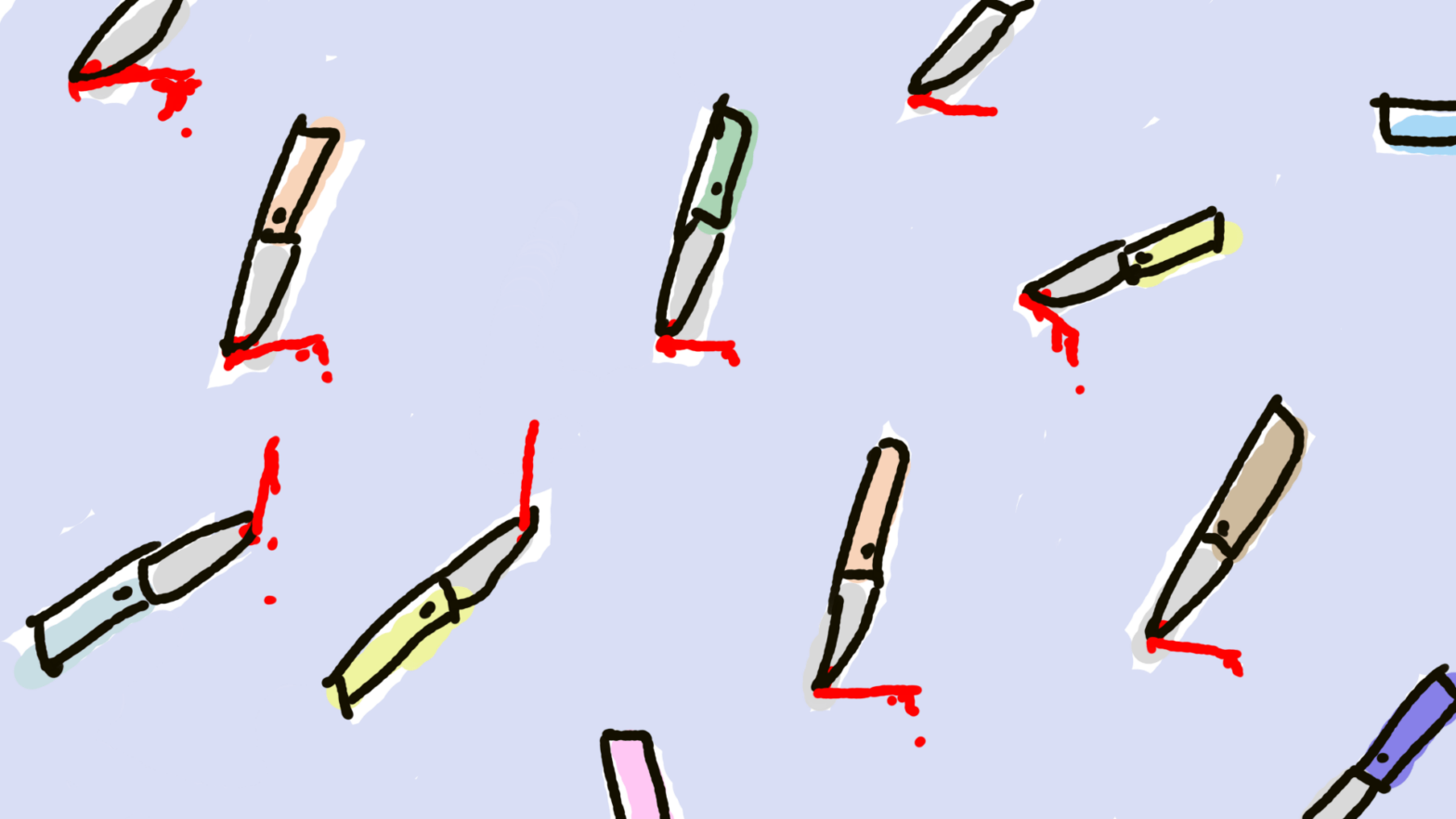Are you experiencing microaggressions once in a while or on a regular basis? Would you like to speak up about it? Would you like to read how others experience microaggressions? Then join my blog parade on “My latest tales of everyday microaggressions”!
Make the world laugh, reflect, and drive change 💪!
Why talk about microaggressions?
We all know them. Microaggressions. Depending on the environment we live in, we experience them on a daily basis or once in a while. They can make us feel amused, awkward, disappointed, angry, tired, shamed, and helpless.
I, luckily, mostly surround myself with a circle of people I was able to choose myself. Hence, I experience microaggressions only once in a while. But although it’s just once in a while, I notice them. And I do think, they are worth mentioning, because often, we are not aware of them – but should. Because both in science and health, people often come from very different backgrounds, and being aware of microaggressions and tackling them, helps to reduce barriers and creates a culture for smooth collaboration.
And, because telling stories of microaggressions can be entertaining and dramatic – they provoke emotions. Small acts that tell so much about the person and the society. Stories that can help to change views and behaviours.
What are microaggressions?
In the extensive article “What to know about microaggressions” of Medical News Today, they are defined as follows:
Microaggressions are actions that negatively target a marginalized person or group. A microaggression can be intentional or accidental. It is a form of discrimination.
Researchers define microaggressions as ‘everyday, subtle put-downs directed towards a marginalized group which may be verbal or nonverbal and are typically automatic.’
Microaggressions happen automatically. They happen to many of us. They also happen to me. They can address different aspects of you: e.g. your ethnicity, gender, age, religion, food preferences, sexual orientation, disability, physical appearance, economical and social status, education, culture, your profession.
They are not always easy to recognise. That’s why it is often difficult to react to them. And if you do speak out about it and criticise it, you are quickly labelled as oversensitive.
What is a blog parade?
A blog parade is a parade of blog articles. They are united by an overall theme and – like at a carnival parade – they follow each other in a colourful and loud parade. Each individual article comes with its own specific theme and creativity 🎉!
FAQs:
How can I join?
- Explain that you participate in this blog parade in your introduction and add the link to this article.
- You can choose different aspects the microaggressions address: e.g. your ethnicity, gender, age, religion, food preferences, sexual orientation, disability, physical appearance, economical and social status, education, culture, profession etc.
- Choose your “latest tales of everyday microaggressions” and write your article. List your recent experiences of microaggressions, e.g. of the last 12 months. You define the length of the article. You can write in any language you want.
- Once you have finalised your article, leave a comment at the end of this article and add the link of your article 👇👇👇❤️. I have already commented below and added the link to my article.
- Publish your article on social media using #mylatesttalesofmicroaggressions. Recommend this blog parade to someone whom you think they would love to join.
What is a good structure for my blog article?
As a structure, you might find these questions helpful:
- Introduction
Why do I want to write about about microagressions?
What are microagressions?
What is the impact of microaggressions?
Which aspect(s) of you do the microaggressions address? - Main part
My tales of microaggressions:
What happened?
How did it made me feel?
How did I react? - Conclusion
What is the impact of microaggressions?
How could we reduce microaggressions?
Until when is the blog parade?
This blog parade closes on November 12, 2023.
I look forward to reading from you!

I am a security professional with 15+ years of experience, PhD, all big security certificates.
My male colleague, instead of answering my question, starts to explain (mansplain) some very basic technical topic to me: “Let me explain it to you in your language, imagine the entrance to the house…”
🙄
Hey, here’s my contribution to the blog parade – a blog post about microaggressions against mothers regarding breastfeeding (or not!).
I’m launching my “mummy blog” officially today, so what better way to start than joining in this blog carnival! My blog will include posts about mum life, pregnancy and postpartum health, and basically telling the whole truth on what I’ve learned about all the things I didn’t know as a new mother! Hope you enjoy reading:
Microaggressions and Motherhood: Breastfeeding
https://whatmummydidntknow.wordpress.com/2023/11/01/microaggressions-and-motherhood-breastfeeding/
Dear Clare,
Thank you so much for participating in my blog parade and writing about such an important topic! Love it!
I had a hard time breastfeeding and felt a lot of pressure, too.
Your article and blog will help to create a more relaxed world for mothers 😁!
Hi Shau, it’s not much but this is my take on microaggression:
https://everythingtech.dev/2023/10/my-experience-on-microaggression/
Thank you for inviting! This is my contribution to the topic!
https://www.digitale-spur.de/blog/blog-parade-mikroagressions
Thank you so much, Bea, for your great article!
Dear all,
please check out Bea’s article and read about the reactions of people of our enlightened world with regards to motherhood and being single 😂😅!
Hi all,
This is my article on how I imperfectly navigate everyday microaggressions 😅: https://shau-chung-shin-not-ching-chang-chong.com/me-imperfectly-navigating-microagressions/
Looking forward to reading about your everyday microaggressions 😊!
Shau Chung